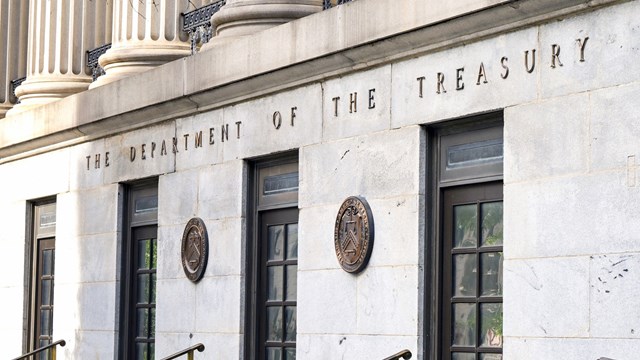Do shareholders have the right to record meetings and would the board have the legal right to prohibit the recording of meetings by adopting a rule against it, citing, for example, expectation of confidentiality?
—Camera Shy in Manhattan
“There exists no provision under the Business Corporation Law (BCL), or for that matter any other law which would obligate a board of directors to record board meetings. Similarly, there exists no such law or rule which would prohibit boards from recording meetings,” says Eric M. Goidel, Esq. of the law firm of Borah Goldstein Altschuler Nahins & Goidel, P.C. in New York. “Accordingly, each and every board of directors of a cooperative corporation are free to chart their own course. That being said, as an attorney representing many cooperatives’ boards of directors, I would recommend against any board of directors taping its meetings.
“First, boards of directors are deliberative bodies and there is an expectation that there will be a fair and honest exchange of ideas and opinions, ultimately resulting in board action. While board action is sometimes the product of a unanimous vote, often times it is the product of the vote of a mere majority of those board members present at a meeting at which a quorum exists. Accordingly, in connection with any decision of a board, it is possible that one less than a majority present at the meeting may have their views overruled. To record the exchange between board members will in many cases have a chilling effect upon participation by board members, as board members may fear that their dissenting opinions will be made known to their fellow shareholders. They may further fear the prospect of more easily being made a party to any litigation over an issue.
“Secondly, while many portions of board meetings deal with innocuous issues, other portions do not. Often sensitive issues are raised about shareholders and discussions must be had concerning litigation matters. The board must respect the privacy of shareholders and must preserve a qualified privilege that exists when board members discuss litigation issues, which privilege will be waived if those discussions are made public. Since not all portions of the meeting are therefore ripe for possible recording, it then becomes a slippery slope for a board of directors which now has adopted a policy of recording meetings to determine what portions of a meeting will not be recorded. That decision in and of itself may buttress claims of a plaintiff in a litigation that something untoward may have occurred during the unrecorded portion of a board meeting. Accordingly, it is far better to err on the side of not recording meetings and hopefully rely upon the ability of the secretary or recording secretary to take good notes, as well as the ability of the board of directors to modify incorrect minutes before they are approved at the next board meeting.”










8 Comments
Leave a Comment